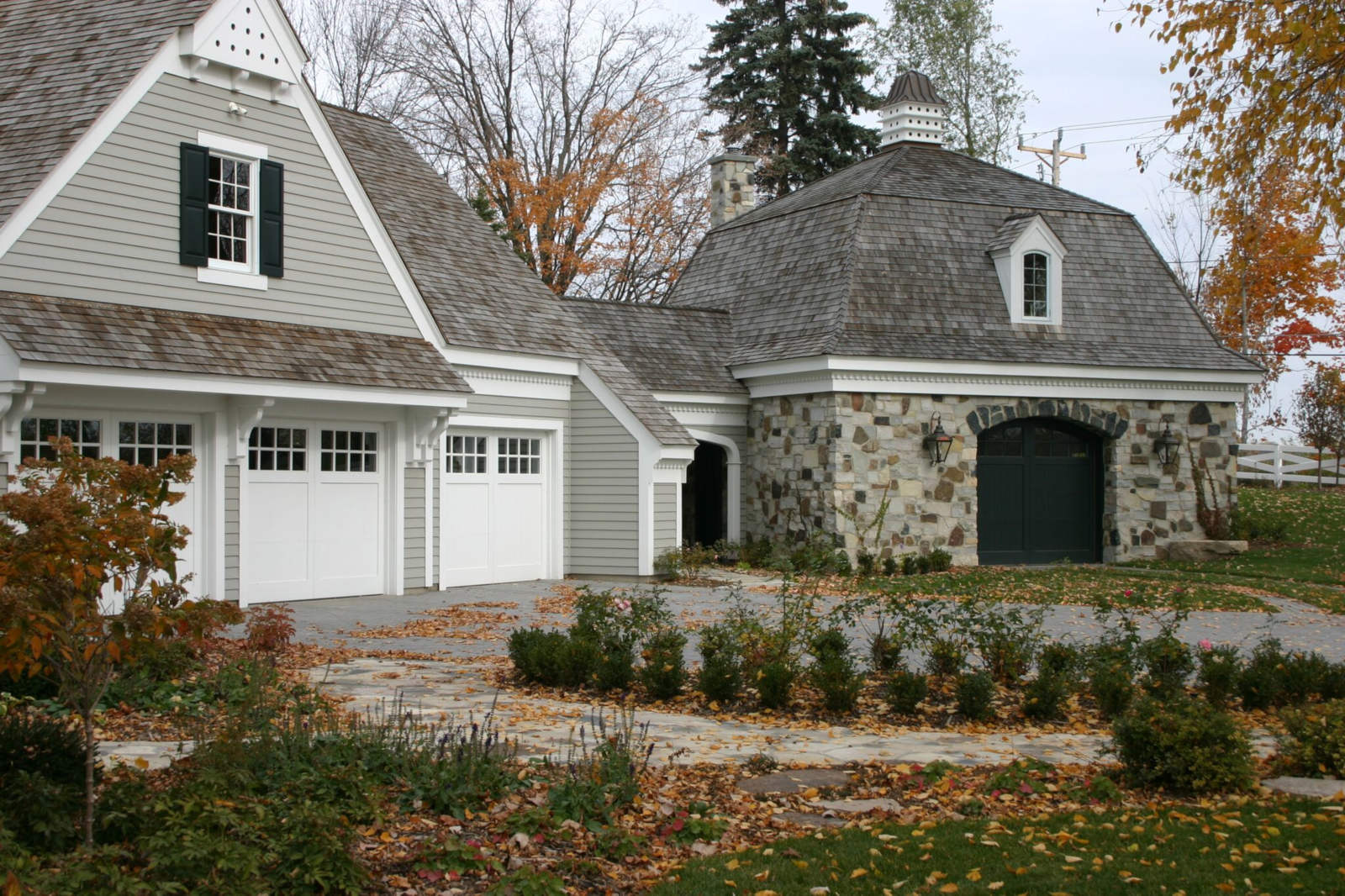
How to Protect Wood Garage Doors from Snow and Ice
As winter arrives, and temperatures drop, snow and ice are inevitable. As a homeowner, you should watch how the winter season can damage your garage door. Extreme cold, snow, and ice can cause severe damage to many parts of your garage door, especially if it has not been maintained well over the years. What are the issues you may run into with your garage door during the winter? See the toll that ice and snow can take on your garage door.
Surface Water Damage
Wood garage doors that are not finished properly are vulnerable to damage from snow and ice. Melting snow and ice can seep into the wood’s surface and damage it, which is why you should always invest in a high-quality wood garage door with a proper finish. At CAMBEK, our doors are finished with high-quality stain that features nanotechnology that locks out moisture, and our doors are made with Douglas-fir wood frames that resist mold growth and rot. Always make sure your wood garage doors are stained or painted to protect the materials and upkeep their appearance.
Interior Water Damage
Not all garage doors are designed and built to prevent water from penetrating the exterior. At CAMBEK, our master craftsmen build garage doors that shield against damage from lingering moisture and persistent humidity. How? The very way our wood garage doors are built protect them against moisture. Our garage doors include:
- Beveled trim boards that prevent pools and shield the interior door cavity from leaks.
- Vent holes that allow water to properly drain and prevent moisture buildup.
- Drip caps that prevent pooling water at the bottom of the door.
- Horizontal cap boards that seal off the door and prevent damage from snow and rain.
Snow and Ice Accumulation
When snow and ice are allowed to accumulate on a garage door, the added weight can put additional stress on the motor, causing it to overheat, stop functioning, or even cause the door to become misaligned.
Multi-panel garage doors have sectional panels that open as the overhead door is raised and close as it is lowered. This leaves space for moisture to freeze at the connecting points between the panels. If the panels stick together and won’t budge, the door won’t open. It’s important to always make sure your garage door is always free from ice and snow.
In the colder months, a dead motor could be the cause of your malfunctioning garage doors. Sometimes, however, it’s not just that simple. The weight of snow can put a severe strain on your garage door, so keep it clean all winter long.
Springs Damage from Ice
Apart from the garage door itself, the metal that makes up the garage door springs may lose strength throughout the winter due to accumulated ice and frost. Homeowners typically experience the most problems with broken springs over the winter months. It is wise to have a professional check and retest your springs before the cold weather sets in to make sure they are in good working order.








